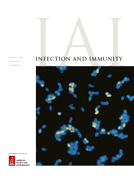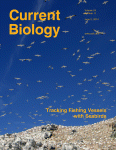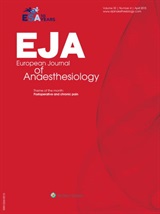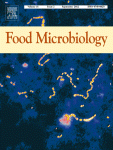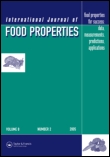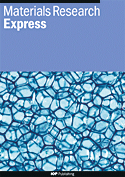 A paper on gold nanoparticles has been retracted after the publisher learned one of the figures had a “high degree of similarity” to a figure published by other authors a few months prior.
A paper on gold nanoparticles has been retracted after the publisher learned one of the figures had a “high degree of similarity” to a figure published by other authors a few months prior.
According to the notice, it was two authors of the retracted paper themselves who pointed out the overlap. The first author, Pratap Sahoo, is not mentioned, although it does say all three authors agreed to retract. The corresponding author of the original paper told us he was unaware of the incident.
You can compare the figures for yourself – on the left is figure 6(a) from the retracted Materials Research Express paper, rotated 90 degrees. On the right is figure 4(e) from “Porous Au Nanoparticles with Tunable Plasmon Resonances and Intense Field Enhancements for Single-Particle SERS,” published in the Journal of Physical Chemistry Letters: Continue reading Nothing gold can stay: gold nanoparticle paper retracted for figure theft

